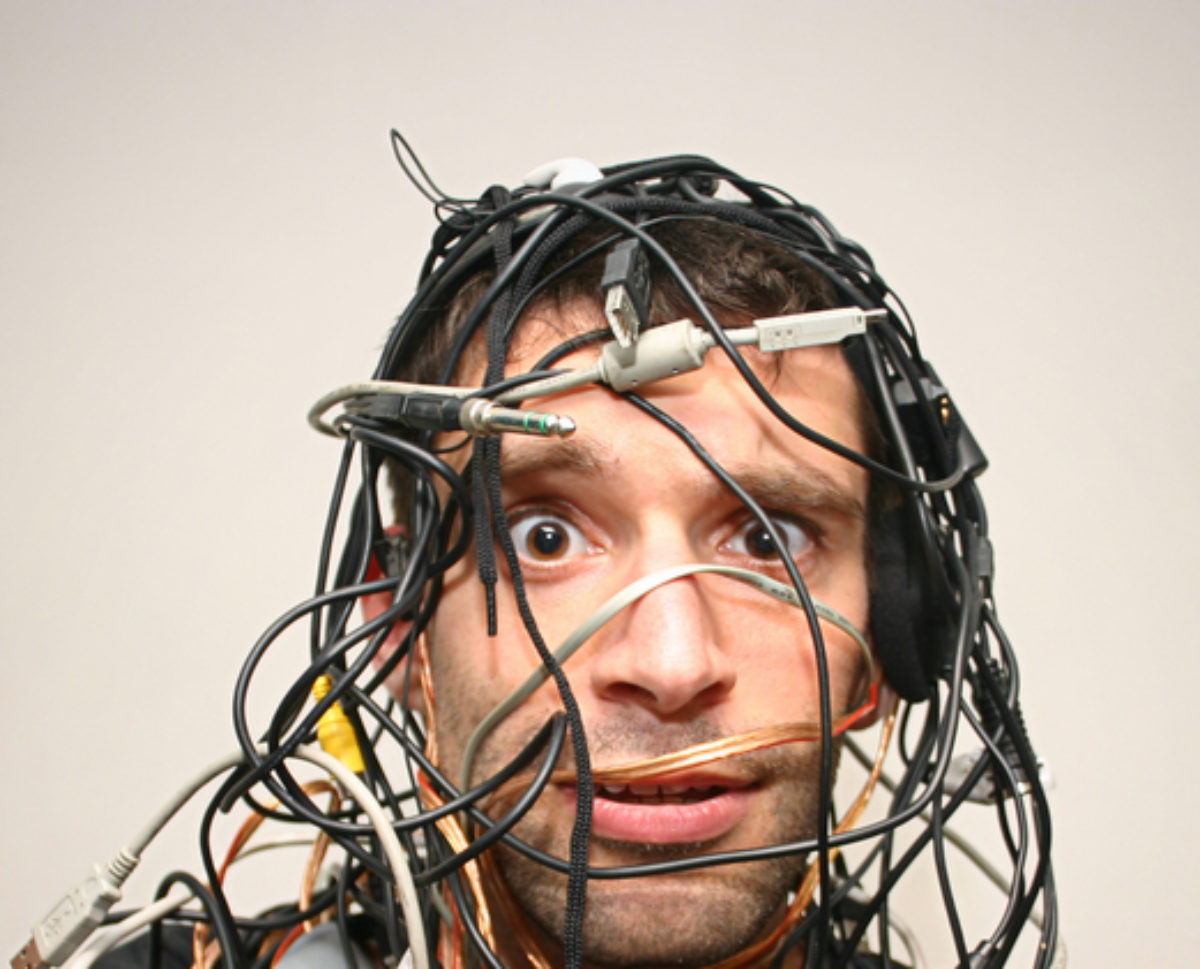What can I say, that hasn’t been said? Blogs, newspaper columns, social media in general, TV, they’re virus, virus, virus, 24/7 (and who knows for how many weeks more). We’re in Arizona, and it hasn’t yet been hit with the force seen in places like New York, but our lives are still impacted. I’m not complaining; I’m glad that we, like most other people, are reacting by trying to save others (and of course, ourselves) by reducing in-person contact. And, as has always been true in my life so far, regardless of any difficulties I’ve had from time to time, others have it far worse. That’s not just a platitude; I’ve been incredibly lucky.
Over the past few years, my work has transitioned from technology and science to politics. By 2015 I became convinced that, outside of my family, what was most important to me was changing our government to make it more conscious of the real needs of its people. I wanted to work towards a future in which improving the lives of everyone becomes the dominant thrust of government, rather than having leaders making policy based on selfish motives or ideology. We’ve seen so many decisions made to benefit the few, or which were based on little or no evidence, particularly with the current administration.
Our country is a young one, and sometimes it acts like an adolescent (which is probably unfair to adolescents). When I think of maturity, I think of, for instance, Switzerland. I’m not upholding it as a perfect society; it has its own flaws. But what I’m thinking of now is that, as a society, they have a long-term perspective. Here, we react to what is happening NOW (and often not that well); and that often means, we react without sufficient preparation. In Switzerland, things are built to last, and much thought is put towards what will be needed in coming years. They are far better prepared for crises like the current one. I might be wrong, but I expect that they will come through this pandemic better than we will.
Much of our current problem in dealing with the Covid-19 pandemic is due to the lack of action in preceding years (as well as an insufficient reaction once it was well established as a pandemic). It’s pretty easy to blame the Putz-in-chief and his cronies – and they do deserve a lot of blame, ignoring earlier warnings and focusing on PR rather than solutions. But our lack of a long-term focus goes back much further (even before 60+ million Americans voted for a reality TV faux-billionaire, rather than an experienced public servant).
A quarter of a century ago, Laurie Garrett wrote a book called “The Coming Plague.” And, as with early warnings about global warming, the message about our vulnerability to pandemics was largely ignored by policy makers. We are in a precarious spot, and while any crisis like this one is always a surprise to most of us, this one shouldn’t be a shock.
As for the personal impact, so far the pandemic has had only pretty minor effects for me. I tend to stay at home most of the time anyway. Now that I’m retired from my Berkeley work, and have no students, most of my interactions are virtual, by phone and video conference. I miss many things that we can’t do now (dinners with friends, movies, some political events, etc.), but as my dear friend Adi put it, “being locked up with my best buddy isn’t the worst of all possible temporaries.” It’s harder on Anita (my spouse and “best buddy”), who is more social than I am; and it does put a serous crimp in the political effort to turn Arizona blue with grassroots action. All of that is important. Hopefully people here will keep their physical distance and shorten the time for sheltering in place.
But in the meanwhile, I am calling many friends that I have contacted far too infrequently in the past, especially since we left California. We feel the need for community with our network of friends, and we reach out. That part has started to feel pretty positive.
